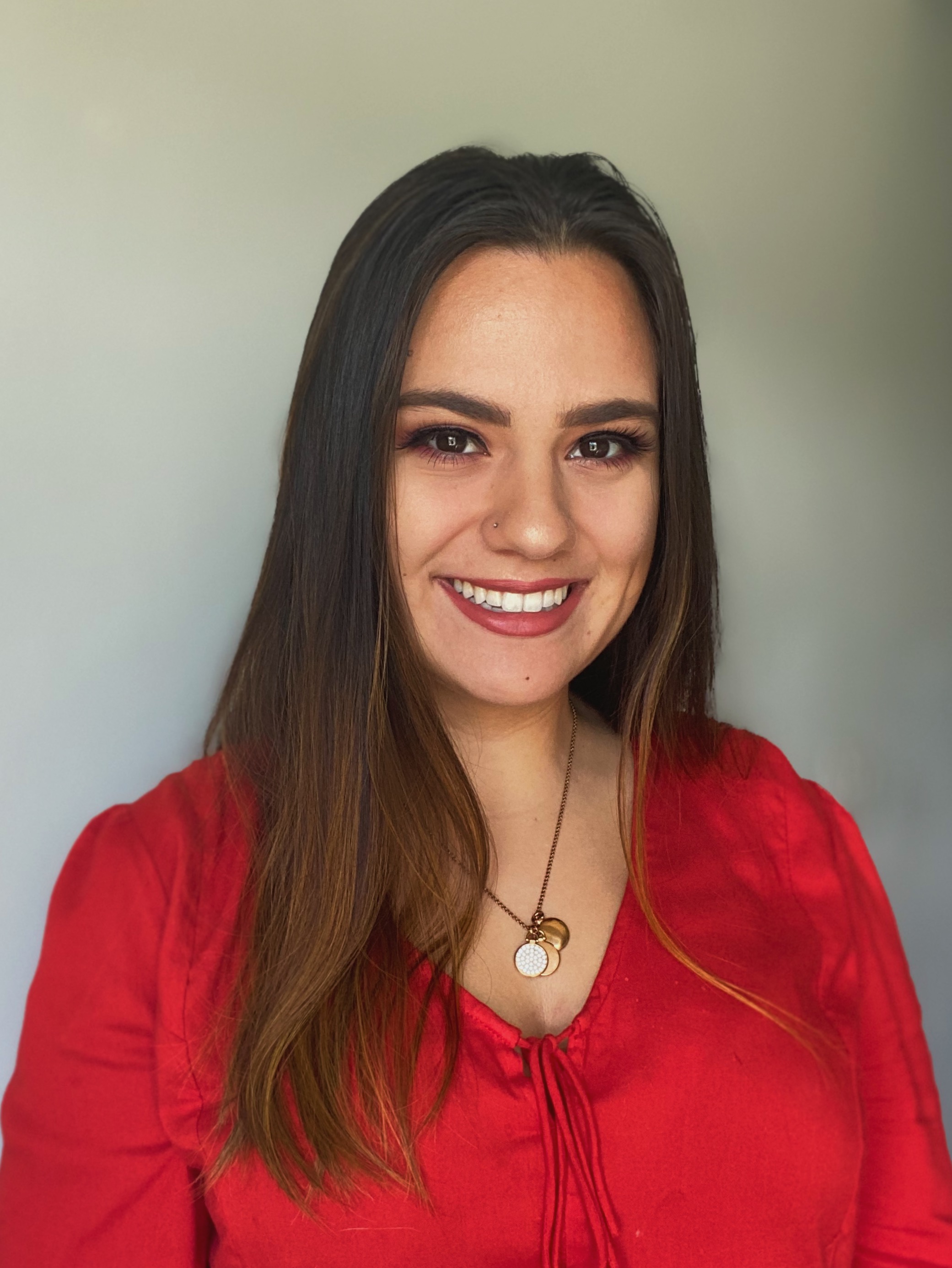Debora Mroczek

October 20, 2021: Interviewed by Ananya Mondal.
Tell us about your research.
The physics that governs strongly interacting matter in extreme density conditions -- such as the quark-gluon plasma created in low-energy ultra-relativistic heavy-ion collisions, or the matter in the core of neutron stars -- is not known from first-principles. Instead, physicists rely on effective models to make predictions that can then be compared to experiments and observables. My research focuses on applying modern statistical and machine learning methods to scan different possibilities for the thermodynamics governing these systems and rule out models that do not satisfy experimental constraints.
Did you face any particular challenge as a woman in physics? Or, do you want to tell us about any specific issue which should be addressed?I'm particularly passionate about the issue of representation of women from underrepresented minority backgrounds. While I've encountered many incredible women in my undergraduate years in physics, I noticed they were mostly white European/American. The whole time I thought maybe women from minority ethnical backgrounds are just not pursuing physics at an advanced level, and that's why I wasn't seeing anyone who looked like me. Now that I'm in graduate school, I see that women like me exist at the graduate and postdoc levels. Sadly, in many cases they do not make it to the end of the academic pipeline. I think the fight for gender representation should also account for racial and ethnic representation, at all career levels.
Do you want to mention about any specific awards/honors/achievements?I was a Goldwater scholar in 2019, and I'm currently an NSF-GRFP fellow and a graduate fellow at the Illinois Center for Advanced Studies of the Universe. One thing that has helped me immensely when I was applying for these awards is to have strong relationships with different faculty. Professors are human and appreciate seeing more of you. I will suggest focusing on building that side of the relationship as well. I stay in touch with my research mentors/faculty by sending an email at least once a year and try to send appreciation cards around the holidays with life updates. If you're skeptical that this would help, all the reviewers on my NSF-GRFP panel mentioned how strong my recommendation letters were, and how highly my mentors spoke of me. Also, your research advisors today will be your colleagues in the future, should you choose to stay in academia. Investing in those relationships is very important.
Do you want to suggest approaches that can help to recruit and retain more women in STEM?Aside from representation, financial support is probably the biggest factor keeping minorities away from the spotlight. Many of my minority peers in undergrad had to work brutal schedules in the service industry to support themselves through school. Scholarships and research programs should offer enough money for a student to quit their job to pursue their interests in STEM outside of regular coursework. We should be paying students for their time rather than productive output.